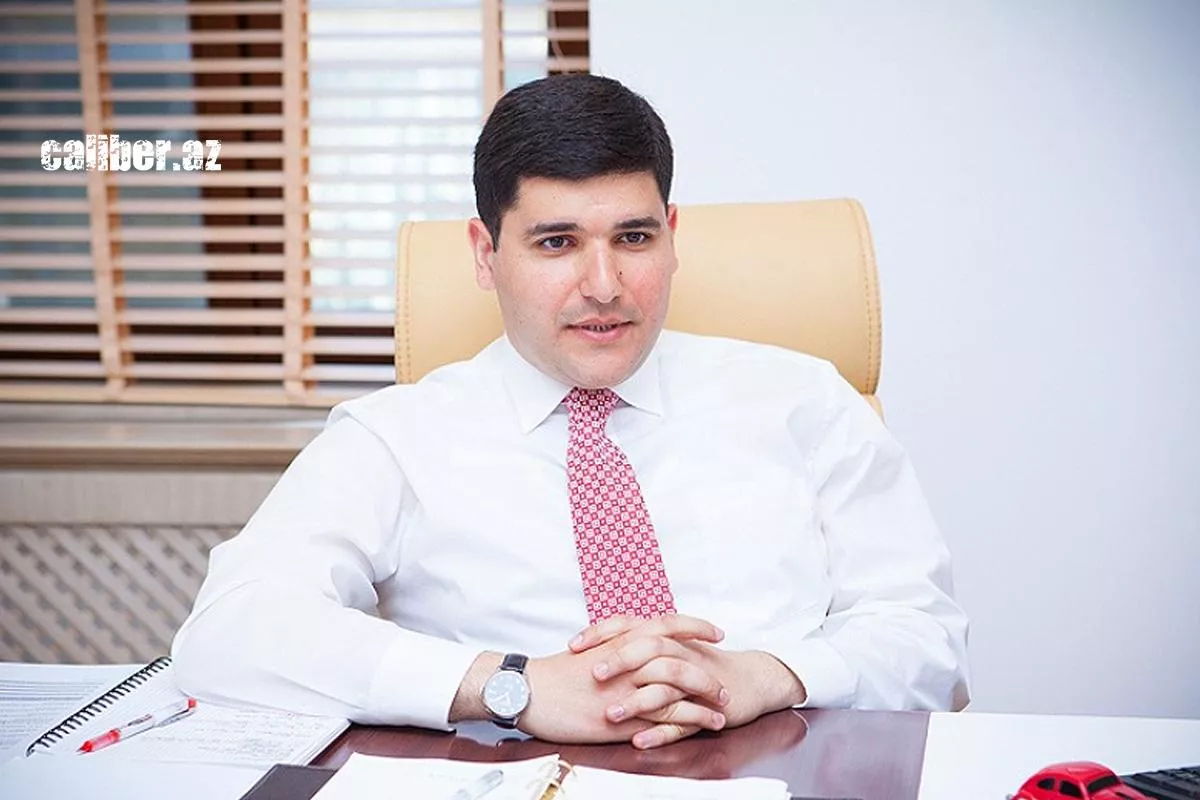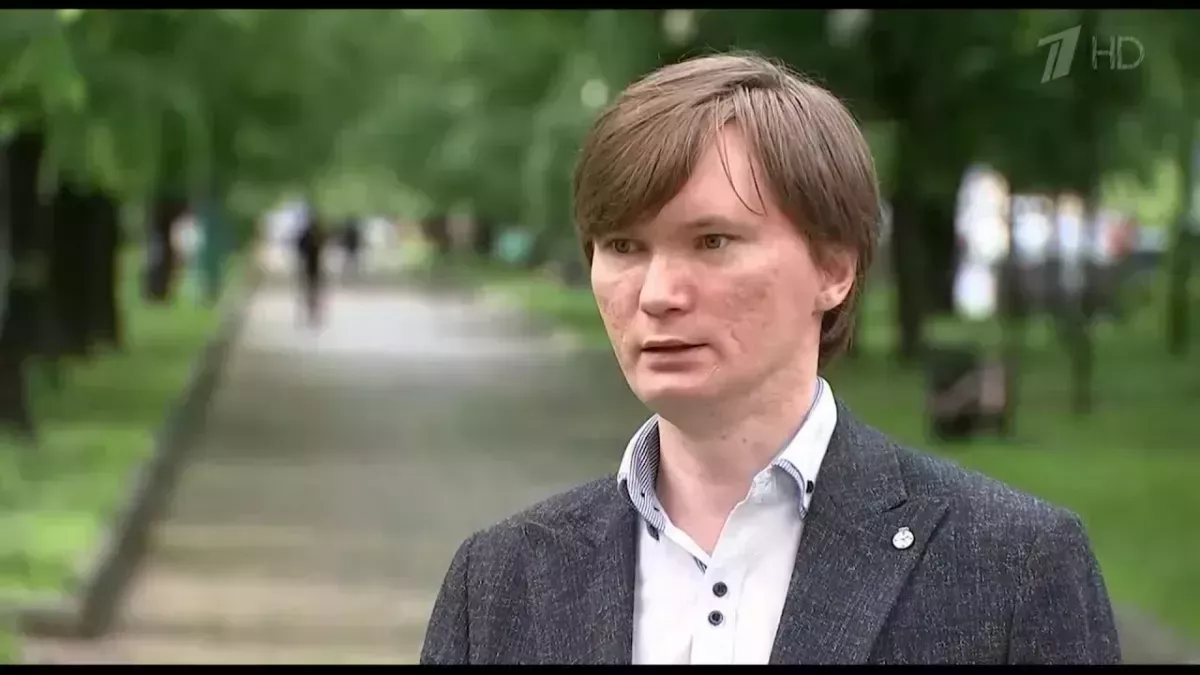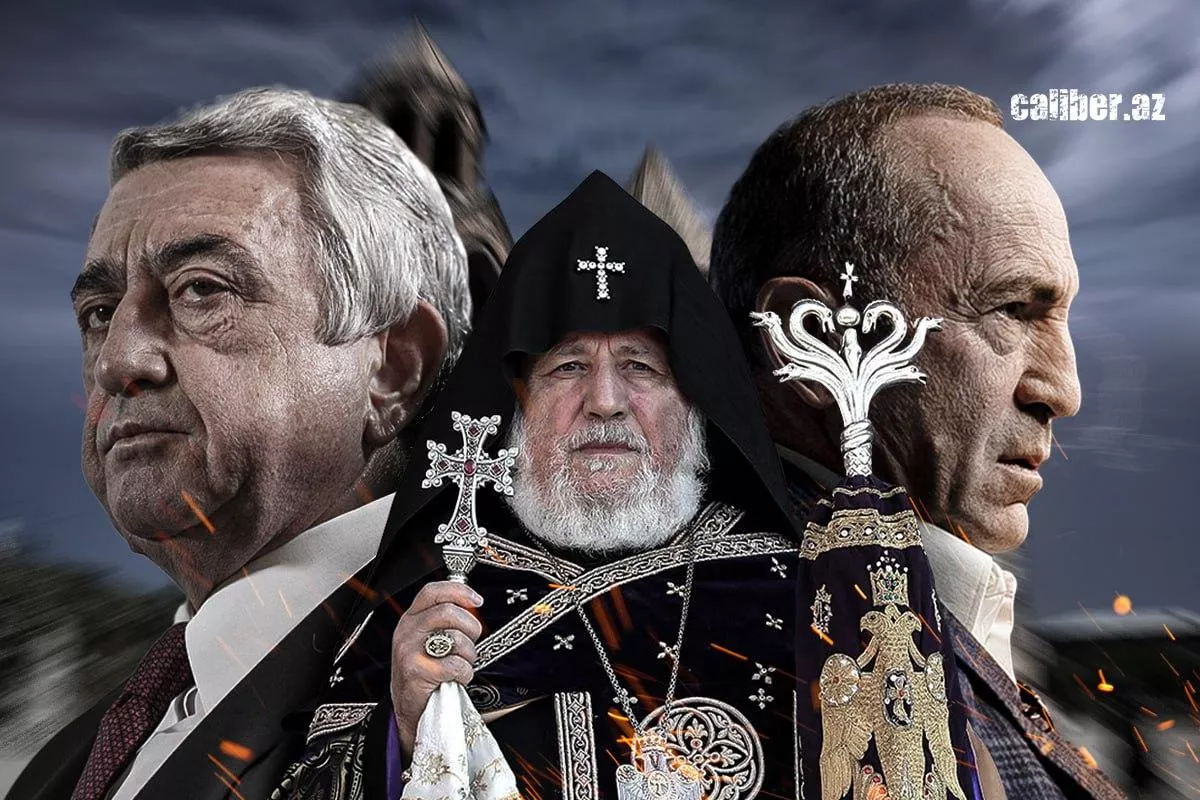Cornering Armenian PM may be only path to peace with Azerbaijan most optimal way to improve ties
Armenian Prime Minister Nikol Pashinyan has offered Azerbaijan to initiate bilateral relations "from scratch". It sounds appealing, though it carries the familiar scent of Armenian populism – which is not new for Azerbaijan.
During his speech at the Atlantic Council in Washington, Pashinyan mentioned that Armenia had provided Baku with proposals on the remaining two points of the peace agreement draft. One of the points concerns a ban on the deployment of third-party forces along the border: Baku seeks a complete prohibition, while Yerevan suggests limiting it to demarcated sections.
The second issue concerns the withdrawal of all claims filed against each other in international courts. Pashinyan emphasised that Armenia is ready for this, but on the condition that these topics will not be raised during bilateral negotiations. He also stressed that the parties have already agreed on the key provisions of the peace treaty, including mutual recognition of each other's territorial integrity based on Soviet-era maps. He said that the peace treaty is close to being signed; it only remains to show political will.
Baku has never had problems with political will, but first, it would be wise to figure out what can be trusted in Armenian Prime Minister Nikol Pashinyan's statements and what definitely should not be.
The Azerbaijani and Russian political analysts expressed their views with Caliber.Az.

Head of the South Caucasus Research Centre Farhad Mammadov has said that Pashinyan's proposal clearly reflects an attempt to nullify previous agreements and transform them.
"We clearly see that Armenia is trying, on the one hand, to move away from the trilateral agreement among Azerbaijan, Armenia, and Russia on the restoration of routes. However, if this intention exists, action is required. At the very least, Armenia should withdraw from the trilateral intergovernmental commission on restoration of routes. So far, Pashinyan has not made any overt attempts in this sphere," the political analyst noted.
He noted that on one hand, if taken literally, "clean slate" concept implies a bilateral format for relations, but on the other hand, the EU mission is still present at the so-called border.
"If we're starting with a 'clean slate', then, one way or another, Azerbaijan's expectations and developments in this new format should be reflected in Pashinyan's proposals, so that they are heard and taken into account in Baku," Mammadov said.
"Of course, there are elements of populism in the Armenian prime minister's new statement, but it's also important to note that Pashinyan is now showing some dynamics — reassessing previous positions, and on certain points, even demonstrating a rational approach. Specifically, he is not dismissing Azerbaijan's expectations; rather, he is trying to transform them into something different," the political expert said.
He noted that Baku sees this progress, but it is not enough for the Azerbaijani side primarily because there is no full clarity in Pashinyan's position.
"If there were more clarity, then Baku would have a response. But as of now, Azerbaijan's position was stated by the president at the beginning of 2025, and I believe these are our final expectations — we don't intend to change them. It's Armenia’s turn to make a move," Mammadov said.

Deputy director-general of the "Vestnik Kavkaza Information & Analytics Agency Andrey Petrov has said that Armenian Prime Minister Nikol Pashinyan cannot be trusted under any circumstances, because today he may say one thing, and tomorrow say something completely different.
"As for Armenia, there is no reason to speak of any trust. Trust should be placed only in real actions that Yerevan takes on the ground, in tangible changes. At the same time, we can try to figure out which of Pashinyan's words, spoken in Washington, resemble the truth," he noted.
"For example, I believe that Pashinyan may genuinely be sincere in his offer to Baku to start everything from a 'clean slate.' He has clear motives—first and foremost, Yerevan led by Pashinyan is focused on integrating into Western structures like NATO and the EU," Petrov said.
"For this, it is beneficial for him to improve relations with Ankara, to open the border with Türkiye and use it as a shorter route for importing goods into the EU. He needs Türkiye's support when the issue of Armenia's inclusion in NATO arises. However, Ankara sets a tough condition for improving contacts—normalising relations with Baku. So, Pashinyan has a motive to sign a peace agreement with Azerbaijan, but this is more driven by expectations related to the Armenia-Türkiye relations rather than the Armenia-Azerbaijan ones," he said.
“What does the proposal to start with a clean slate mean for Pashinyan? I think for Pashinyan, it means to forget the bloody and painful history of the Armenia-Azerbaijan conflict. But to suggest starting with a "clean slate" is akin to asking Baku to forget all the losses—both human, infrastructural, and cultural-historical—that Azerbaijan has suffered due to Armenian occupation and Armenian nationalism,” the expert noted.
He said that it also means suggesting that the issue of the return of the Western Azerbaijan community to their homeland be set aside. From this, it follows that Azerbaijan should close the topic of seeking compensation from Armenia for the destruction of cities, villages, and historical and cultural monuments in Karabakh and East Zangezur.
"In other words, Pashinyan essentially asks Baku to pretend that nothing happened in the past and that present-day Armenia bears no responsibility for the actions committed by Armenians in the 1980s to 2000s. Of course, this is completely unacceptable to Baku, and it has no reason to trust Pashinyan, especially since he himself, after almost seven years in power, has done quite a bit to demonstrate his anti-Azerbaijani stance," the political analyst said.
Petrov said that everything Pashinyan has done was solely aimed at advancing his own interests, while matters related to improving relations with neighbouring countries are ones he prefers to neglect.

"In this sense, I often use the example that Pashinyan has very specific political enemies within Armenia: the Karabakh clan of Kocharian and Sargsyan. However, despite his desire to deal with this clan, he doesn't even hint at the prospect of extraditing the leaders of this clan, war criminals led by Kocharyan and Sargsyan, to Baku," he said.
"Although this would be a quite logical political deal, one that, I believe, would work very well to improve Azerbaijan's relations with Pashinyan-led Yerevan, which he is eager to separate from previous Yerevan. In this context, Pashinyan is now developing the concept of a 'real Armenia' which should move beyond the historical illusions of the past, with one single 'but'—he still doesn't take any concrete steps in that direction," the political analyst said.
“If we look specifically at the points Armenia is proposing, they all point to the same conclusion—Armenia-Azerbaijan relations are not truly a priority for Pashinyan. The real priority is integration into Euro-Atlantic organisations, as the presence of third-party forces on the border is unacceptable for Baku,” he said.
"Everyone understands that the demarcation process will take a long time, and Armenia, if it wishes, can delay it indefinitely on the sections where it is interested in keeping Western forces stationed. Therefore, it is clear that if we accept Armenia's stance on point 16, the issue will not be resolved—it will simply remain unresolved," Petrov noted.
He said that as for point 17 regarding the withdrawal of mutual claims, Pashinyan's "clean slate" idea is quite specific, as it suggests that Baku forgive Armenia for all the crimes for which it has not yet been held accountable. Of course, this is also unacceptable for Baku, and so far, there are no visible compromises on these two points.
“Logically speaking, Armenia should at least agree to the point regarding the absence of external forces on the border. After all, it is clear that monitoring the situation at the border, especially in the absence of any signs of escalation from Azerbaijan, is unnecessary. All parties are well aware that the European observation mission is engaged in questionable activities,” the expert said.
“To summarize, it’s worth reiterating that trusting Pashinyan is unwise. It would be more sensible to corner him: as practice shows, in such situations, he quickly signs agreements and acts logically and adequately—perhaps, paradoxically, this is the most optimal way to improve relations,” Petrov added.








